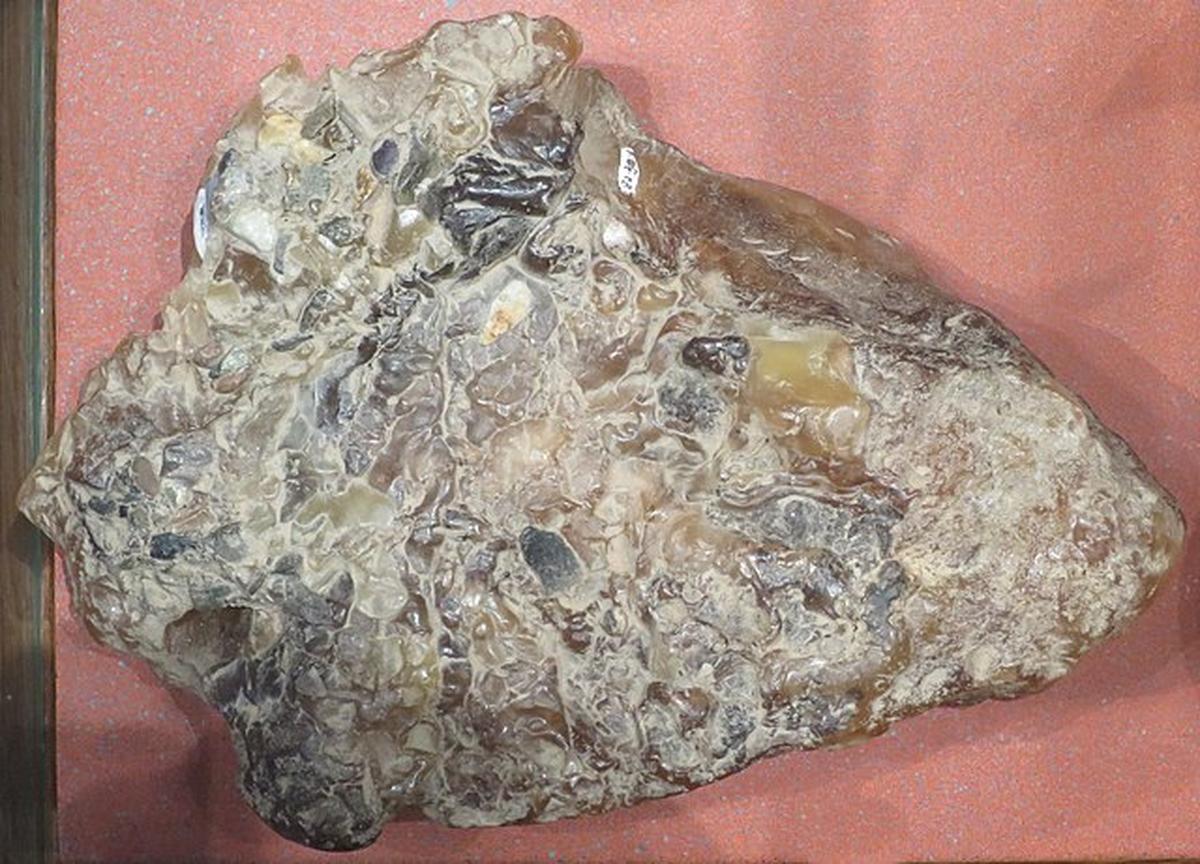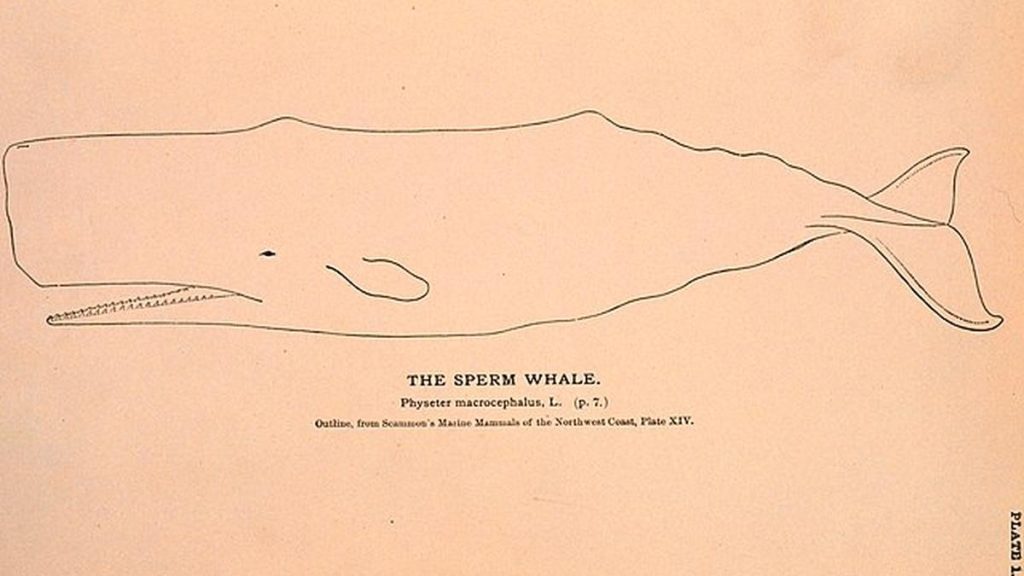Ambergris, often called whale vomit, is one of nature’s most bizarre occurrences. Produced by sperm whales, this waxy substance has been prized for centuries. If you’re fortunate enough to find ambergris, you’re holding something worth millions. Known for its rarity, ambergris is highly sought after in the perfume industry, as it helps make fragrances last longer.

Ambergris of a Sperm Whale (2012 in the Natural History Museum Ecomare)
Where does it come from?
Scientists believe that ambergris is formed in the intestines of sperm whales. The substance is created when the whale consumes indigestible materials, such as squid beaks, and forms ambergris to help expel these foreign objects. Once expelled, the ambergris floats in the ocean, and if you’re lucky enough to find it, you could be looking at a valuable treasure.
Its rarity and desirability make ambergris one of the most expensive substances in the world. Depending on its quality, this waxy treasure can fetch up to $40,000 per kilogram, earning its nickname “floating gold.”
Appearance
Although ambergris is often described as wax-like but only when freshly expelled from a sperm whale’s intestine. Initially, it is soft and has a waxy, greasy consistency. Over time, as it floats in the ocean and is exposed to sunlight, saltwater, and air, it hardens and develops a rock-like appearance.
This transformation is a result of prolonged weathering and oxidation. The outer layers become crusty and rough, resembling a stone, while the inside may retain a softer, waxier texture. The hardened form is what people typically find washed up on beaches, leading to its rock-like appearance.

Whale ambergris seized from the persons in Agasthiyarpatti village near Ambasamudram in Tirunelveli district from December 2024.
| Photo Credit:
SPECIAL ARRANGEMENT
Why is it illegal
In India, the sale and trade of ambergris are strictly prohibited under the Wildlife Protection Act, 1972. This is because the sperm whale, the source of ambergris, is an endangered species protected by law. The sperm whale was declared endangered in 1970 due to hunting and environmental threats, making its conservation a priority.
In countries like United Kingdom, New Zealand, France, Switzerland and Maldives, it is legal.

Rs. 2.5 crore-worth whale ambergris seized by Madurai Rural District police near Melur.
| Photo Credit:
HANDOUT
Since ambergris originates from sperm whales, its trade indirectly promotes the exploitation of these marine mammals. The ban aims to discourage activities that harm or endanger the whale population, ensuring their survival in the wild. Possessing or selling ambergris in India can lead to severe legal consequences.
From a whale’s digestive system to a multi-million-dollar product, ambergris is a perfect example of nature’s incredible and unexpected value.
Published – February 03, 2025 12:04 pm IST








